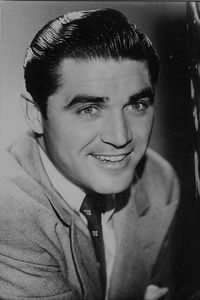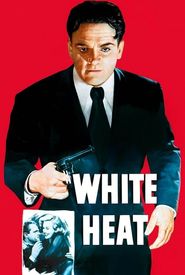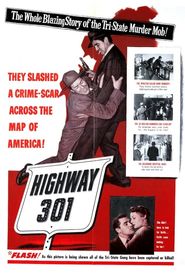Robert Alexander Cochran, a California-born individual, son of a lumberman, embarked on a career in the theatre before securing a contract with the renowned Samuel Goldwyn in 1945. Cochran's cinematic debut arrived in the form of Wonder Man (1945),a film that paired him with talented actors Virginia Mayo and Danny Kaye. From 1949 to 1952, Cochran's professional journey led him to sign with Warner Brothers, where he spent a notable three-year period. Following this tenure, Cochran ventured out to establish his own production company, a bold move that showcased his entrepreneurial spirit.
In 1965, Cochran set sail on a remarkable adventure, departing from his yacht to explore the shores of Guatemala in search of suitable filming locations. Unfortunately, his journey was cut short due to a lung infection, which ultimately claimed his life before he could set foot on land.































































